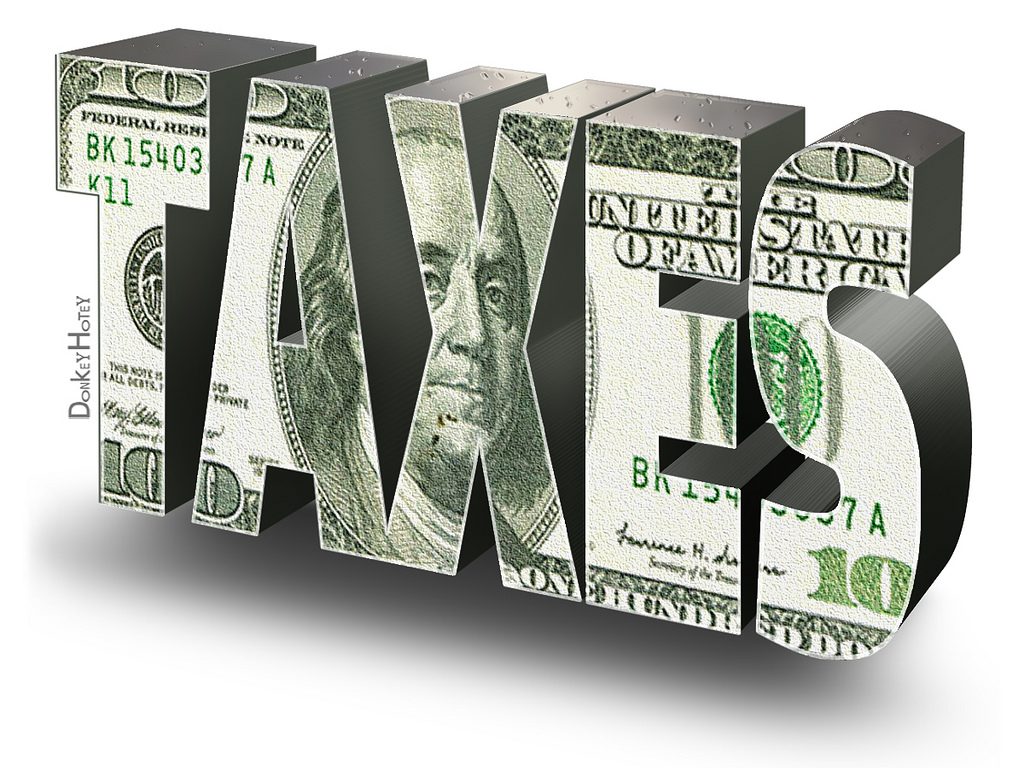
Let’s say that a candy bar is $1 and your property taxes are $1000. If the tax rate stays the same, then years from now if the same candy bar costs $2 it would make sense for your taxes to be close to $2000. Our property tax system doesn’t work that way today, but maybe it should.
Most of the city saw its property taxes increase this year. It wasn’t because the tax rate went up, but because we’re in our 2nd straight year of steep property value increases. Was this a tax increase? It depends on who you ask. Some say “no”, since the rate didn’t change. Some have said “yes”, since property owners paid more money. The answer is a bit more complicated though.
The city’s income is based on property value. Changes in the city’s expenses are mostly based on the inflation rate. Remember, the city isn’t usually buying property. It is buying goods and services and paying its employees. And while property value can trend in the same direction as the inflation rate, they are not the same.
If the tax rate didn’t change, you paid more in taxes, inflation is high, and the city’s purchasing power decreased then was it really a tax increase? No. The money you paid the city has LESS value.
If the tax rate didn’t change, you paid more in taxes, inflation is low, and the city’s purchasing power increased then was it really a tax increase? Yes. The money you paid the city has MORE value.
The problem with our current property tax system is that our city’s source of income is disconnected from what it actually costs to run the city. How do we fix it? By devising a system that takes into account both property value and the inflation rate.
I’ve written a simple tax model that accounts for both property values and inflation. Right now they are only allowed to raise your taxable value by 10% per year no matter how much your property value increases. I call that the 10% cap. Some have proposed a 5% cap, which is reflected as well. I’ve included a column for inflation as a reference, and finally the PV/CPI column which is my plan.
My PV/CPI plan takes the property value and the inflation rate (CPI) and averages them together, subject to a 3% cap on each. It has the effect of lowering property taxes over time, and smoothing out the city’s income during high and low years. This means that when times are tough, your taxes will go down a bit. And when times are good, they’ll go back up a bit. But we won’t see the wild swings in taxes that we’ve seen over the years. It also encourages responsible spending by the city by keeping them from taking on too much debt in the lean years and over-spending in the strong ones.
PVCPI Tax Model (Requires MS Excel)
What do you think? Let me know at robertjsmithtx@gmail.com !
Do you like what you’ve read? Vote Robert John Smith for Garland City Council, May 6th 2017.